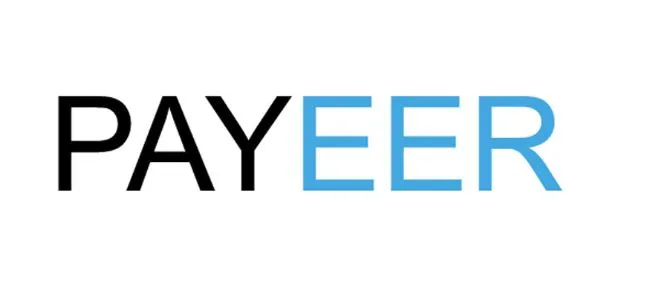Your 401K FAQs Answered: The Plan Administrator Edition

Many people find 401k plans confusing, whether you’re an employee saving for retirement or a company in charge of the plan. As the administrator of the plan, you hold a pivotal responsibility in ensuring seamless operations. Understanding the questions employees often have is key to providing clear and helpful guidance. This article explores several commonly asked questions (FAQs) from the viewpoint of a retirement savings plan administrator.
Contents [show]
What Are the Primary Duties of a Retirement Savings Plan Administrator?
finAs a 401 k plan administrator, you fulfill multiple roles and responsibilities. Your top priorities are ensuring the plan follows all IRS guidelines, keeping employees informed about the plan’s details, managing plan investments wisely, and processing contributions and distributions accurately. You also maintain meticulous records of everything. Think of yourself as the central hub for the plan, working seamlessly between you, the employer, and any outside providers involved.
How Do You Determine Investment Options for the 401K Plan?
Building a strong 401k plan is all about picking the right investments. To do that, you need to dive deep into research, looking at past performance, fees, and how much risk each option carries. The key is to offer a variety, something for everyone. Certain individuals find comfort in the thrill of a rollercoaster experience, whereas others favor a more tranquil journey. By providing a buffet of choices, you can cater to all kinds of risk tolerances and investment goals.
Which Procedures Should Be Adhered to In Order to Guarantee Compliance With IRS Regulations?
Making sure your 401k plan follows IRS rules is crucial. It keeps your plan tax-advantaged and avoids any unwanted penalties. Stay on top of regulation changes by regularly reviewing them. Double-check that your plan documents are up-to-date and accurately reflect how the plan works.
Consider it akin to a health assessment for your retirement funds. Regularly assess how your plan is doing with things like non-discrimination testing and annual audits. This way, you can catch any problems early and fix them quickly.
How Can You Efficiently Communicate Plan Specifics to Employees?
When it comes to planning for retirement, understanding your 401k is absolutely crucial. Having all the important details about your plan clearly explained and easy to find is essential. This way, you can make informed decisions about your savings and feel confident about your future.
You’ll be sharing details about the plan through various channels, like employee meetings, newsletters, and our online portal. You’ll also provide educational resources to help you navigate retirement planning, investment options, and the importance of saving for the future.
And please keep in mind, your financial advisors are readily available to address any inquiries you may have and assist you in making well-informed decisions regarding your retirement funds.
What Avenues Are Available for Managing Plan Contributions and Distributions?
Safeguarding your retirement future is your top priority. To ensure the smooth and accurate management of your 401k plan, you prioritize both speed and precision when handling contributions and distributions.
You leverage automated systems to streamline the processing of your payroll deductions and employer contributions, minimizing the risk of errors when it comes to distributions, whether for hardship situations or retirement; you have clear and well-defined procedures in place that fully comply with IRS regulations regarding eligibility and tax implications.
How Do You Address Commonplace Participant Inquiries and Concerns?
Many people with 401(k) accounts have questions and concerns, from how their investments are performing to whether they’re even eligible to contribute. In meeting these requirements, it is imperative to have a customer service team characterized by both expertise and prompt responsiveness, capable of addressing inquiries in a swift and professional manner.
For those who need more personal help, such as choosing investments or planning for retirement, there should be personalized assistance available.
Conclusion
Being a Retirement Savings Plan Administrator is a critical responsibility. You play a key role in helping employees achieve their retirement goals by making sure the plan follows all the rules and regulations. By answering common questions clearly and following the best practices for managing the plan, you can ensure it runs smoothly. Consequently, this fosters a sense of assurance among employees regarding their financial future and enables them to achieve a financially stable retirement.
Also Read: “When Do You Get Your First Ultrasound: Timelines and FAQs”




